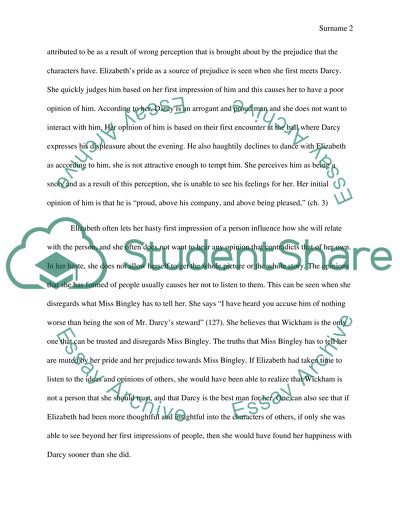Pride and Prejudice by Jane Austen Book Report/Review - 1. Retrieved from https://studentshare.org/literature/1455195-pride-and-prejudice-by-jane-austen-book-report
Pride and Prejudice by Jane Austen Book Report/Review - 1. https://studentshare.org/literature/1455195-pride-and-prejudice-by-jane-austen-book-report.


